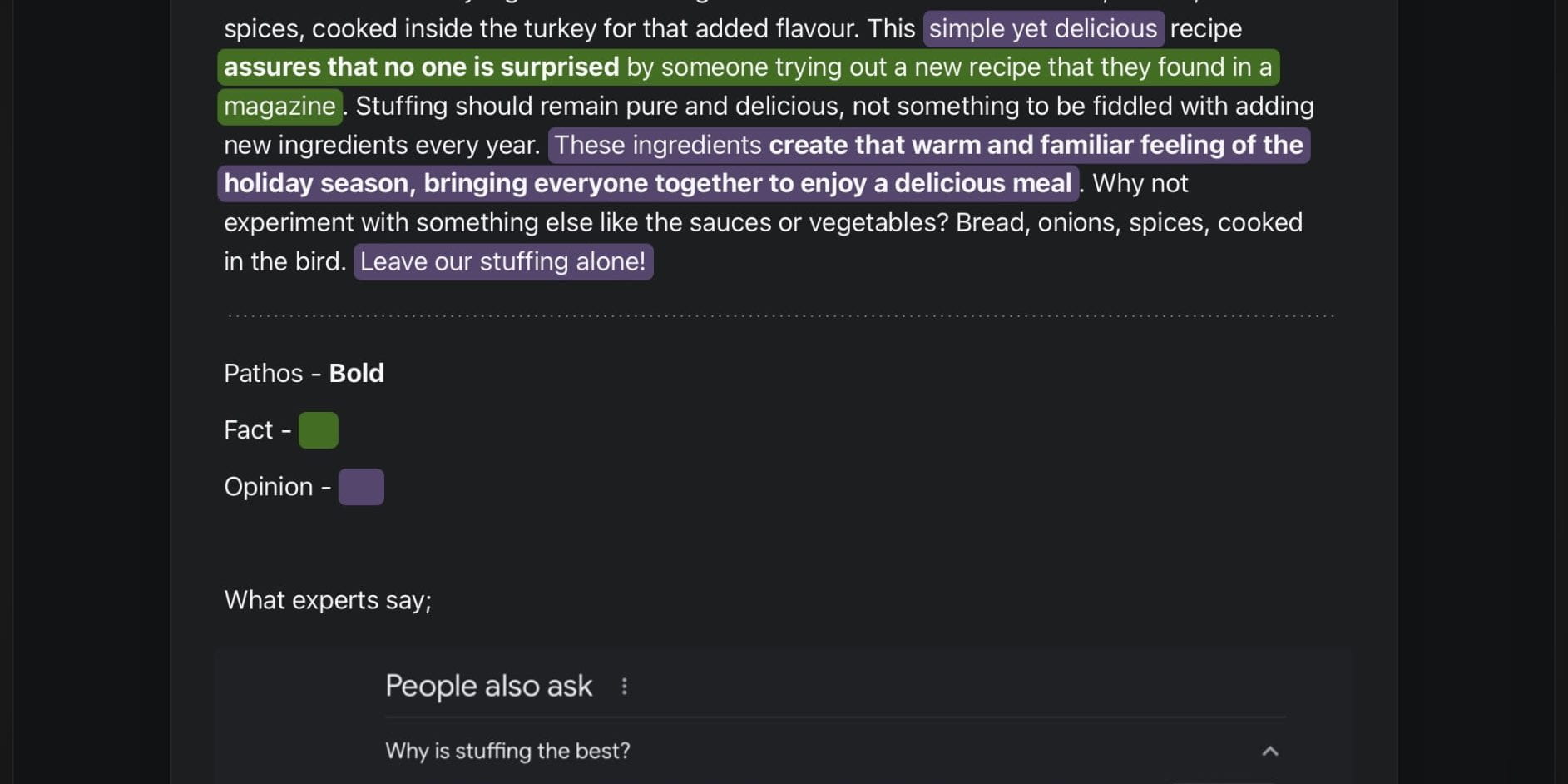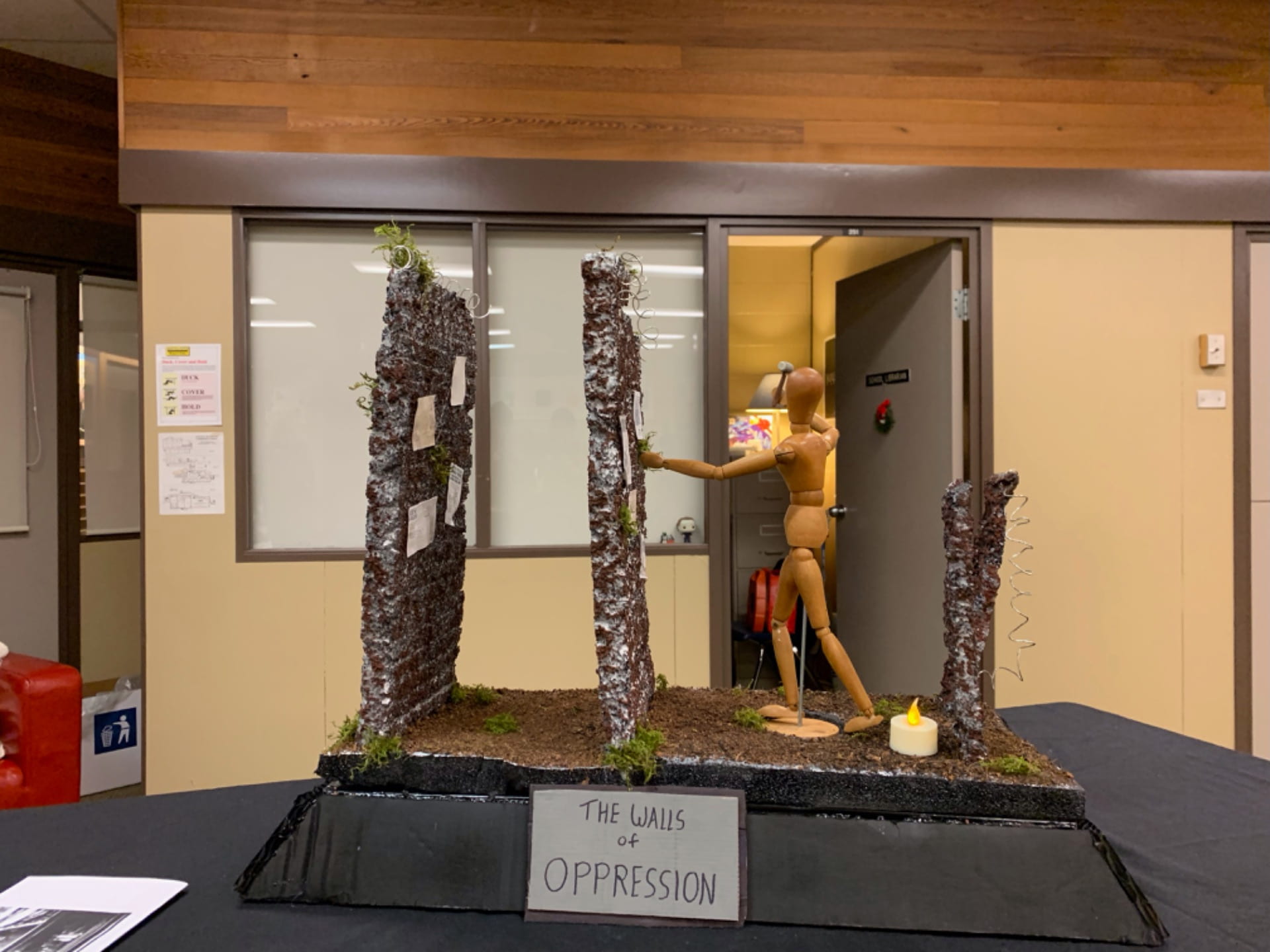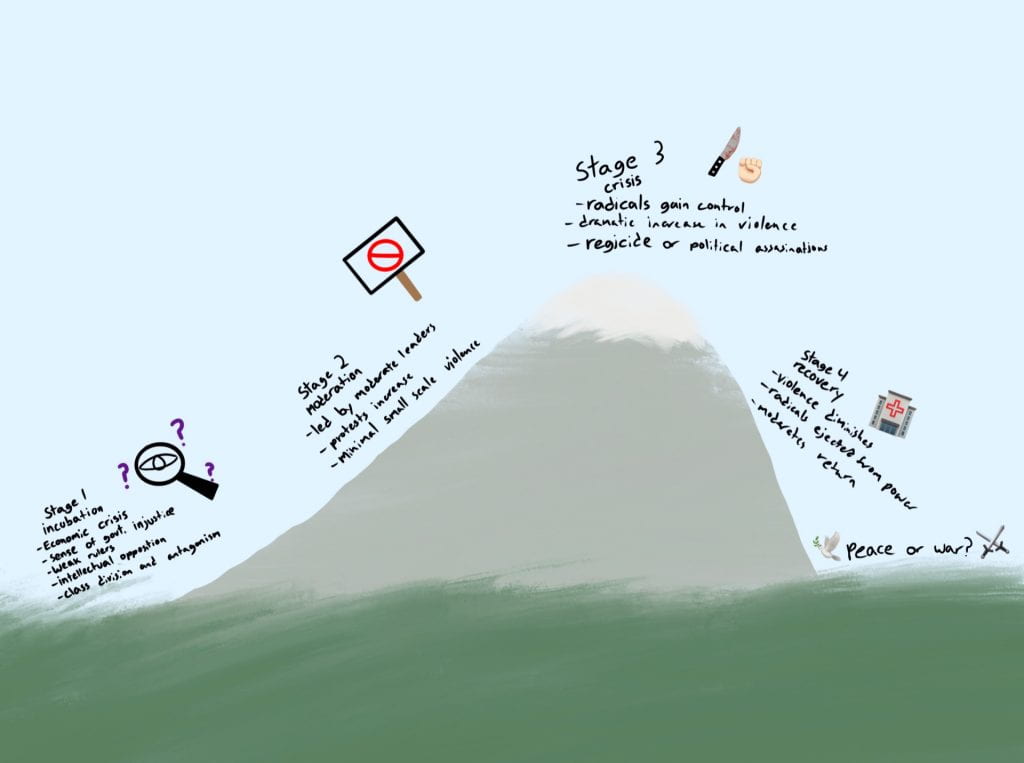Happy 2024 everyone!!!
I come to you today with a project we finished just before winter break, and if you know PLP you know that means it was also our Winter Exhibition project! This project was called The Great Debaters, and if you can guess by the title, it was a project centered around debate. We not only learned about public speaking, and how to debate, but we also learned about researching, finding credible sources, and structuring persuasive text that combines the right mix of pathos and logos.
The Project
At the beginning of this project, we got the chance to watch Denzel Washington’s The Great Debaters. If you have not seen this movie, it is based on the true story of Melvin B. Tolson, who was a professor at Wiley Collage in Marshall, Texas. The movie follows Mr. Tolson’s debate team as they work their way to challenge Harvard for a national championship. It was a very inspiring movie and helped get us into the mindset of debate.
The first piece of writing that we did was a short paragraph on the best “blank” ever. It could be a book or a season or musical artist. It was up for us to choose a best “____” so I chose to do mine on something I care very deeply about, Christmas stuffing.
Over the next few classes, we learned about different ways to improve our writing and practiced using these techniques with our “best blank ever” writing. I found parallel structure really interesting and highlighting different sections for different tones.
Around this time, it became time to choose a debate partner, and topic. My partner Ines and I decided to choose the topic “zoos should be banned“ with Ines arguing the affirmative and myself arguing the negative. I am already passionate about this because I love reading books on conservation and had recently read about this issue in particular.
Now that we had our topic chosen, Ines and I wouldn’t be collaborating again for the rest of the project. promptly, I came up with some Need-To-Knows and got down to researching.
A big part of writing is revision, so of course the next few weeks were chock full with writing our opening argument, rebuttal, and closing statement, rewriting and practicing aloud, and so much peer critique.
Now, as I mentioned at the beginning, this project was our PLP 11 project for the PLP Winter Exhibition. This means we would be performing these debates live in front of an audience, and they will get to choose the winner. The pressure is on! I debated fiercely, but in the end I came up victorious. Thank you Ines for being a fierce rival.
Conclusion
Overall, I really like public speaking so this project is pretty fun for me. I think I definitely improved my redrafting skills because I find sometimes I don’t do enough drafts and end up with something that I’m not completely happy with. But in this project I really pulled through, and in the end had a speech that I was very proud of. Thank you to Madsen and all the PLP teachers and students for a wonderful exhibition and see y’all next time!!
As always, Brooke











